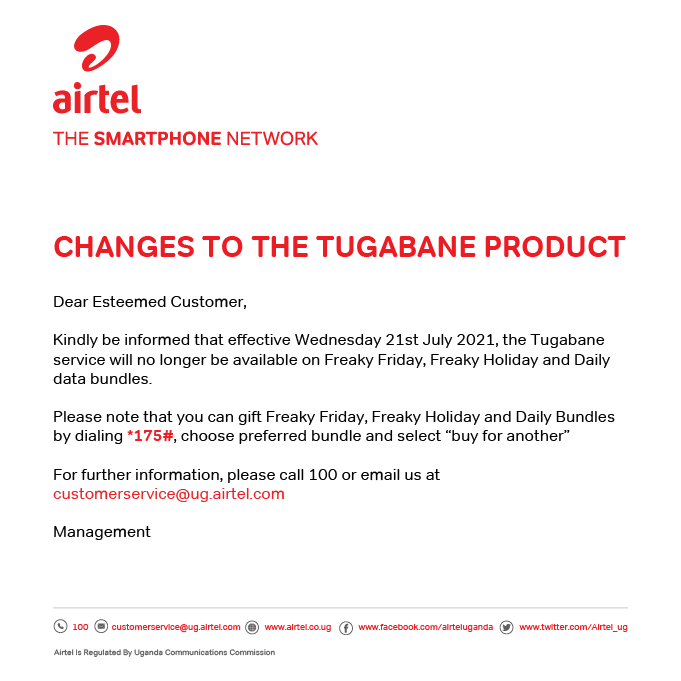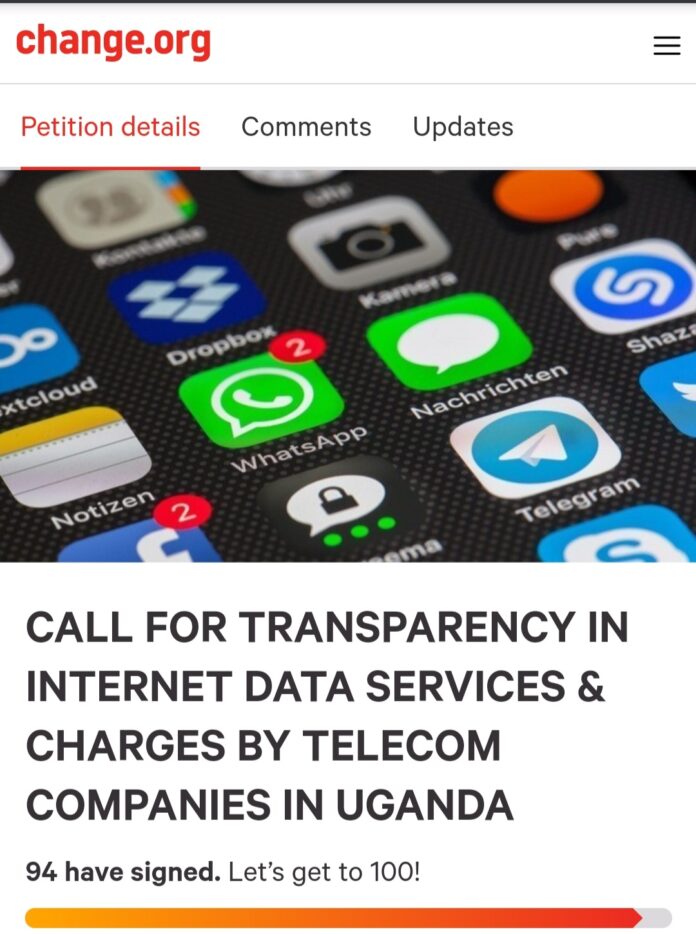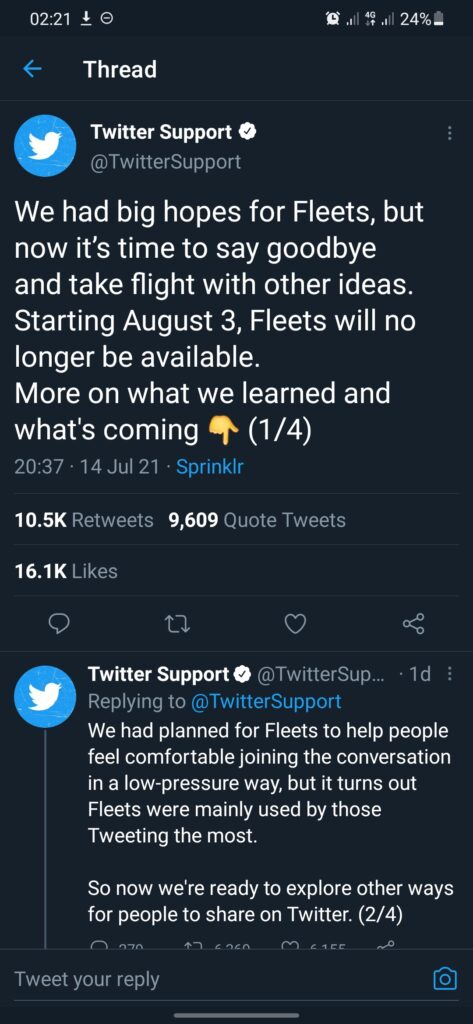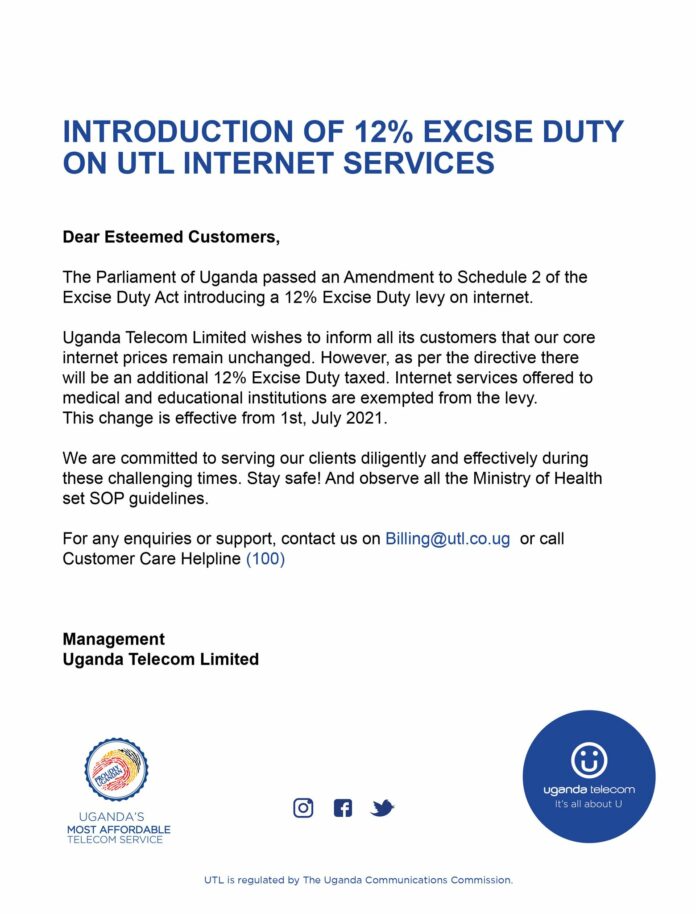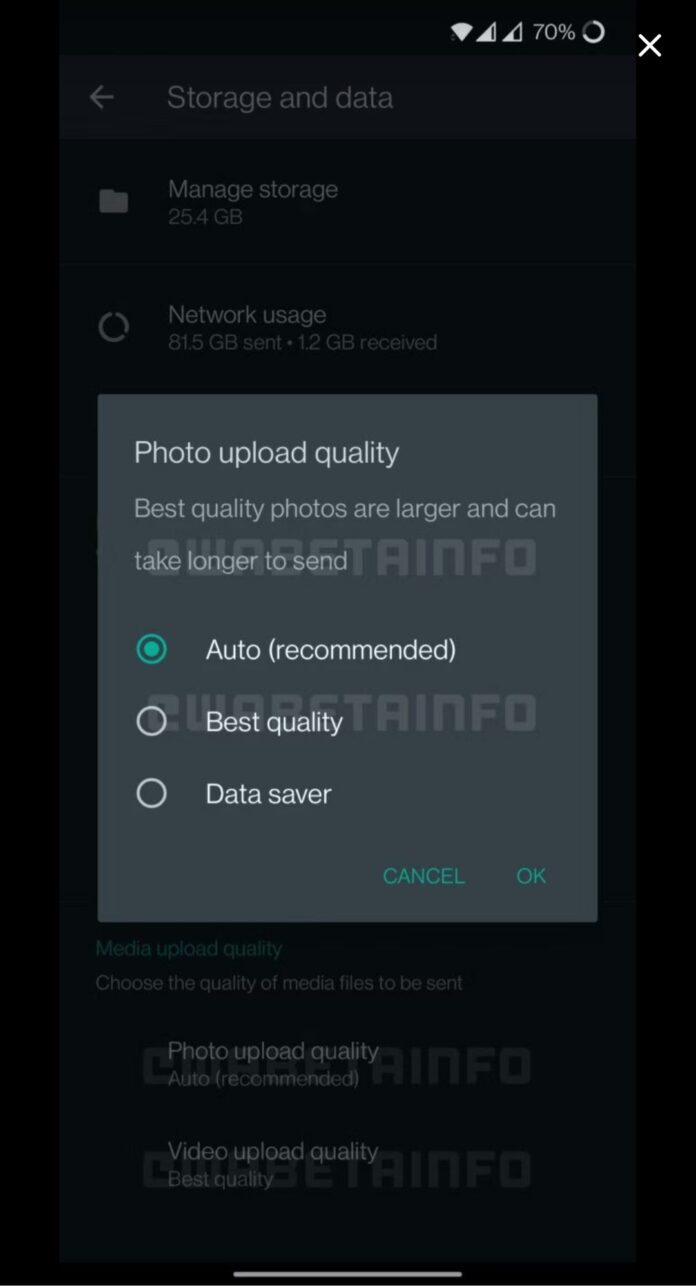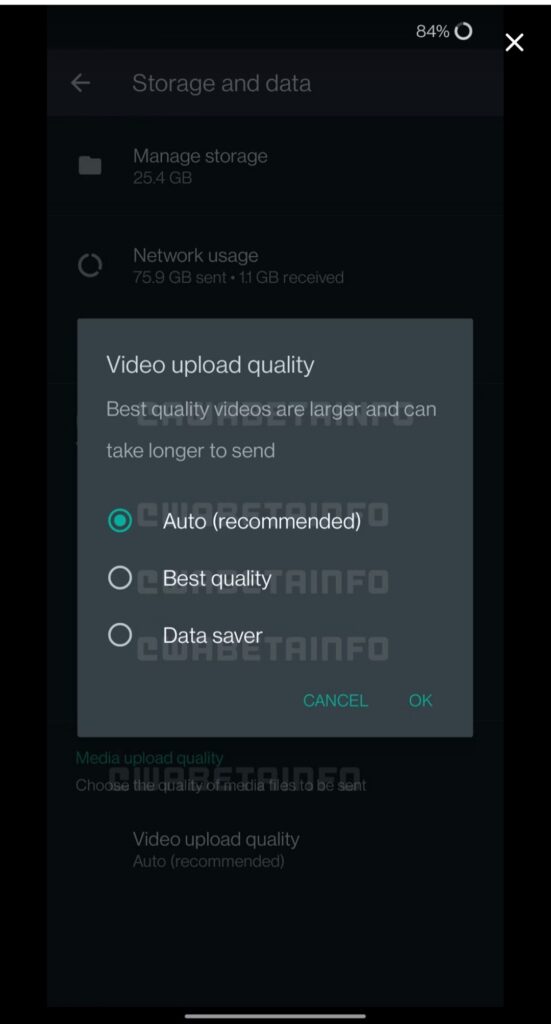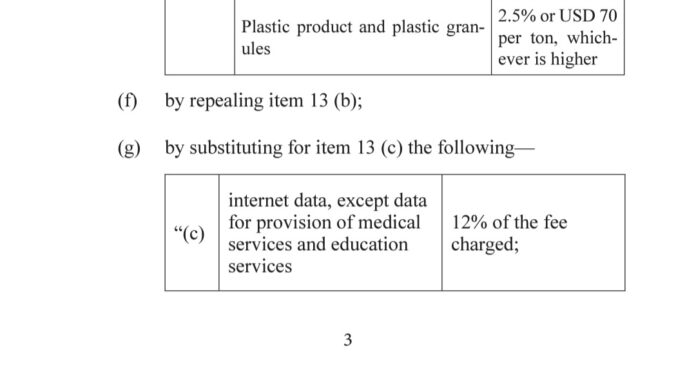Due to pandemics, schools have shut their doors to students and teachers, but that didn’t stop little ones from gaining knowledge. The idea of online study has a far-reaching effect during this time. Technology has taken a front seat, and now you will find so many interesting options to deal with. Just like the growth of online study, there is a hike in the school app for sure. No matter how old they are, schools can create their own apps using help from app development firms.
Free apps and their importance:
Currently, the importance of such free apps for school creation is on the rise. These apps are primarily designed to make knowledge easily accessible to students located in any corner of the world. Nowadays, if you check the AppStore and the Google Market, there are several millions of uploads you are going to see.
Check out this page to learn more about the best mobile app for the school, which lists brand-new software. There will be notifications available for instant updates, various lesson arrangements, and some other tools, which are ready to just go right into the new educational app.
How apps help in improving student’s productivity level:
Well, you can receive an expanded toolkit with educational apps. There are some major functions available that ensure how these apps are actually helping improve students’ productivity levels.
- The beauty of podcast player:
Now, it becomes a lot easier to get the kids acquainted with the topic through professional podcasts with some experts in the said field. You should always absorb some major importance in their simple conversations.
If you want, you can add up the audio files to let the written materials stick. It will help the kids to repeat topics when they head back home with the help of their headphones.
- The beauty of multi-language library:
In a learning app, students get the opportunity to choose from various book choices. You will find literature in multiple dialects and languages, which will help the foreign kids adapt to the course module more easily. In no time, these learners will fall in love with the subjects. In a physical classroom, teachers won’t give students a language choice, but with the help of this app, they can get the service.
Make sure to pin up the manual to the school’s mobile application. If you want, you can upload the library of the valuable materials for that exam preparation. You can further attach some added resources for the main curious students out there. So, students do not have to be afraid of not just finding the books or forgetting them.
It is one significant function that you will get with the education apps. It will help students to get in direct touch with the teacher when there is an emergency in the learning app.
A quicker access button will indeed help increase students’ awareness regarding the major tasks and tests to cover up first. You can try and add one link to the calendar or even the studies schedule to the controller with just a few clicks.
It is one significant choice for creating some of the school-based applications online. Now, you get the chance to check out all the major updates in communication with the best students. You should remain notified about the completed tasks and questions. Always set up some reminders about the home tasks and some of the upcoming meetings.
Choosing the right creator for student’s apps:
The student educational apps must have some distinctions among the competitors. There are multiple subscriptions available for different budgets, along with the diversity of the learning materials and the possibility to just find interlocutors in the current app’s community. These are some of the significant features for the ultimate user interactions. So, make sure to create a checklist of these features first before you head towards the right creator for the student’s apps.
Free app creation is always a good call to save some money. You should always look for the school app creation procedure without any code to it. A reliable app can easily work from various devices and help students to stay connected throughout.







